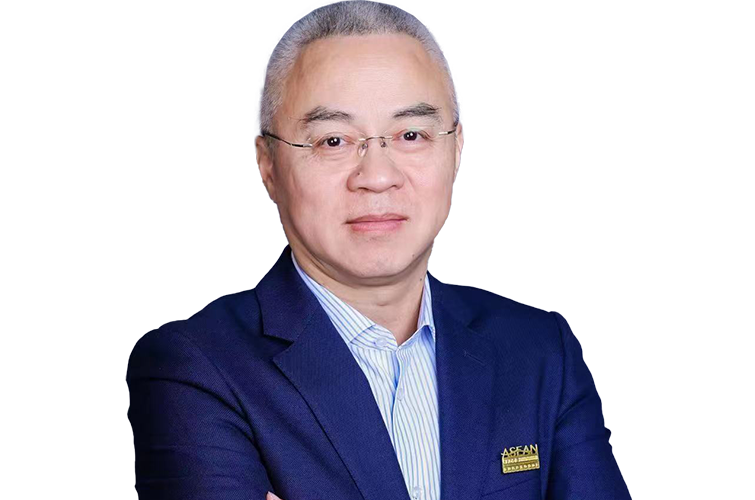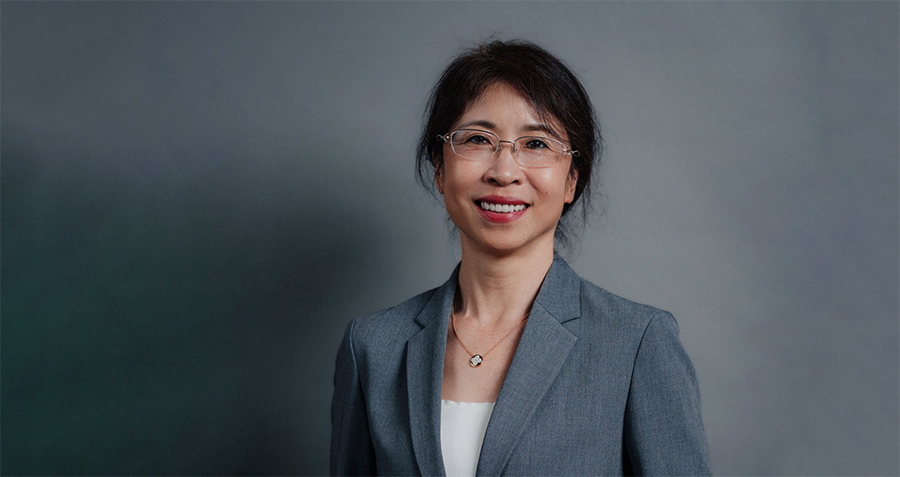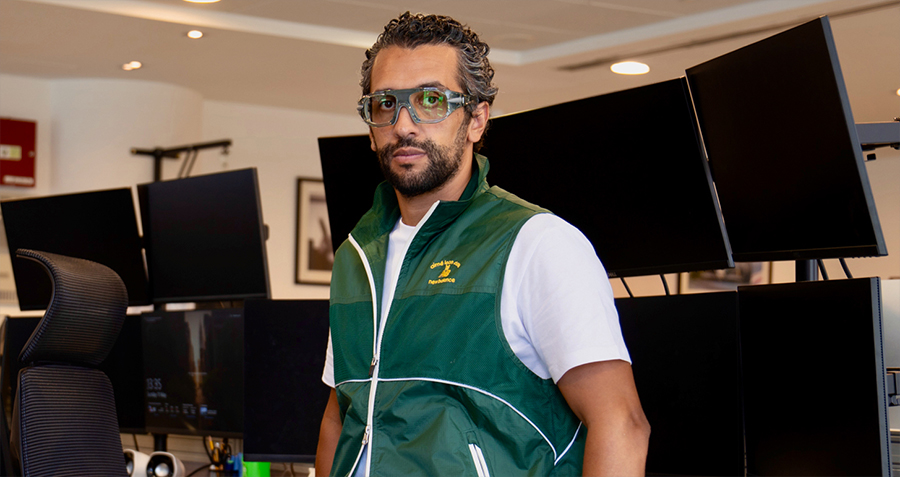
Liang Wentao, Former Deputy Director General of the Department of Asia Affairs, Ministry of Commerce, PRC; Alumnus of the Executive MBA Program and ASEAN New Economy Leadership Program, Cheung Kong Graduate School of Business
Liang Wentao is the former Deputy Director General of the Department of Asia Affairs at China’s Ministry of Commerce. He is also an alumnus of the Executive MBA Program and ASEAN New Economy Leadership Program of Cheung Kong Graduate School of Business. Having served as Economic and Commercial Counsellor at Chinese Embassies to Turkey and the Philippines, he was closely involved in China’s trade relations with Asian countries. Liang participated as the Senior Economic Official in many pre-RCEP negotiations and has been a key figure in China’s trade relations with Asian countries. In August 2017, he went over to the private sector to work for China Fortune Land Development as the chairman until 2021, where he helped the business expand into Indonesia and Vietnam.

Political and diplomatic tensions disrupt the implementation of RCEP, but that does not change the fact that RCEP signifies member countries’ belief in collaborating for common prosperity in Asia Pacific.
Since its accession to WTO in 2001, China’s economy ushered in a new era of rapid growth. Behind China’s economic boom was its thriving trade with developed countries like the United States (US), Japan, South Korea, and Germany. In the meantime, as part of its diversification strategy, China has long been developing trade relations with developing countries, ASEAN in particular.
Southeast Asia is a region with significant potential, economically but also geopolitically – abundant in natural resources, politically neutral, and boasting a growing market size and potential. China launched the Belt and Road Initiative in the early 2010s to further enhance trade ties with its neighboring developing countries through better business ties and economic collaborations. It also served to diversify China’s dependence on developed countries in the West, which was the rationale for its membership in the Regional Comprehensive Economic Partnership (RCEP).
Joining RCEP marks another stride in China’s reform and opening-up agenda. It is the first multi-lateral trade agreement that China joined with advanced economies like Japan, South Korea, Australia and New Zealand. RCEP would eliminate tariffs on 90% of all trade within the member states, as well as other barriers to trade and customs. By lowering tariffs and easing market entry policies, the RCEP agreement also offers Chinese companies greater access to invest and allocate their supply chains in the ASEAN region, which became China’s largest trading partner for merchandise in 2021. In fact, we have already seen the trend of Chinese companies transferring their factories to countries such as Vietnam or Indonesia, in order to lower production costs or circumvent U.S. tariffs on goods.

RCEP will also facilitate trade for other signatory countries with China. For ASEAN, China has been its largest trading partner since 2009, a result of an ongoing relationship. Chinese president Xi Jinping announced in 2021 a comprehensive strategic partnership between China and ASEAN, emphasizing the importance of a peaceful, prosperous bilateral relationship between the two sides. Due to the giant trade deficit, ASEAN needs inbound industrial capital investment, financial capital investment and venture capital investment. China’s foreign direct investment (FDI) and industry transfer can help ASEAN countries establish or improve their industrial structure and create more jobs and income for local people. Meanwhile, China’s vast consumer market is the perfect destination for the exports of Southeast Asian countries. All of these factors enable China to play a unique role in this ASEAN-led initiative.
While the specific impact of RCEP remains to be seen, we should feel confident. Export-oriented companies are bound to benefit more than others. Political and diplomatic tensions may to a certain extent disrupt the implementation of the agreement, as may the pandemic. However, that does not change the fact that RCEP signifies member countries’ belief in collaborating for common prosperity in Asia Pacific, one of the most economically vibrant regions in the world.




















